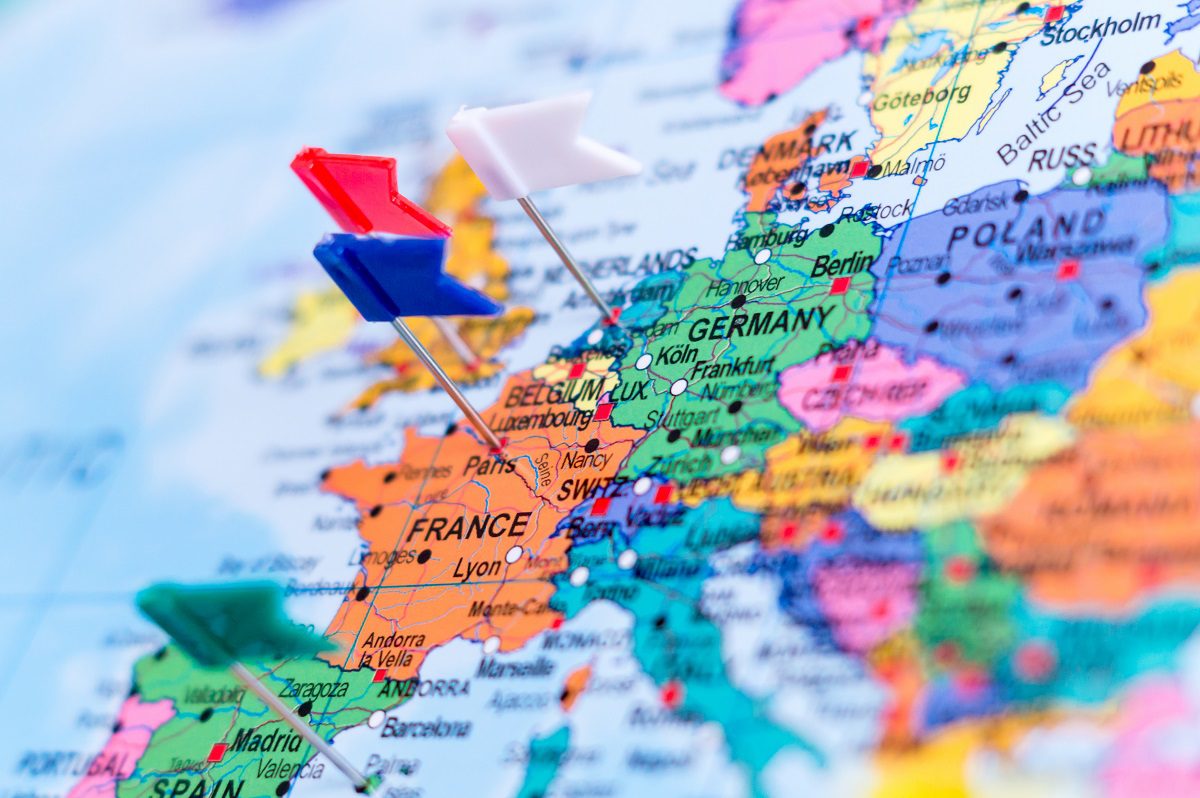Gianpiero Lotito, founder and CEO of search platform FacilityLive, and a founding member of the European Tech Alliance, outlines a vision in which Europe can rival Silicon Valley and explains how UK firms can get on board.
Europe is a greenfield of opportunities for tech startups. Reports vary, but indicate that tech startups received somewhere between $13.6 and $17.1bn in venture funding last year, representing an impressive rate of growth.
Certainly, Europe will never be able to form a carbon-copy of Silicon Valley, but we can learn how to play to our strengths as a collection of ever-strengthening tech hubs.
Rather than a monolithic Silicon Valley model, where economies of scale are chief among the benefits, we in Europe can create many small valleys, with opportunities that seemed unthinkable only a few years ago....

